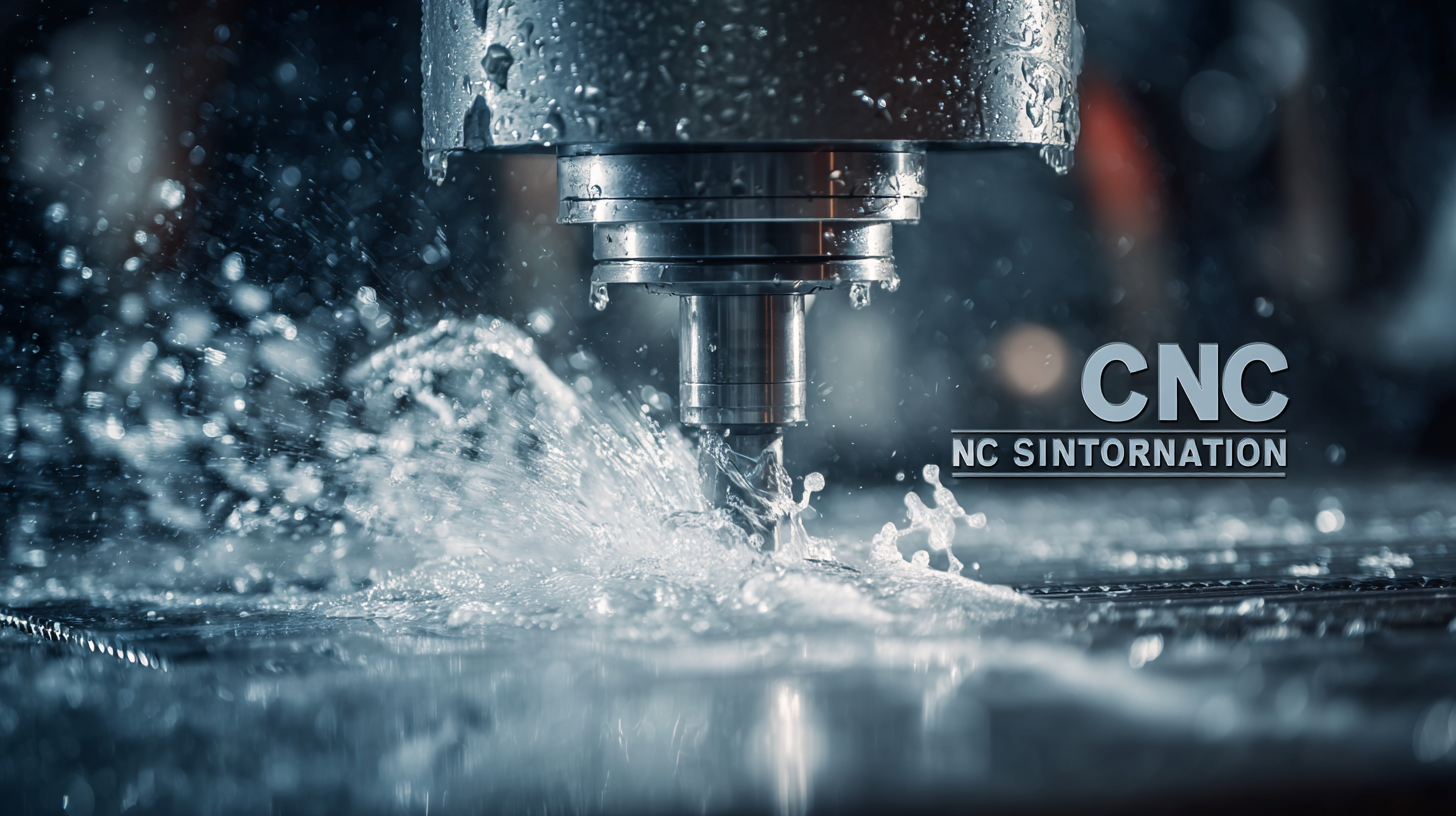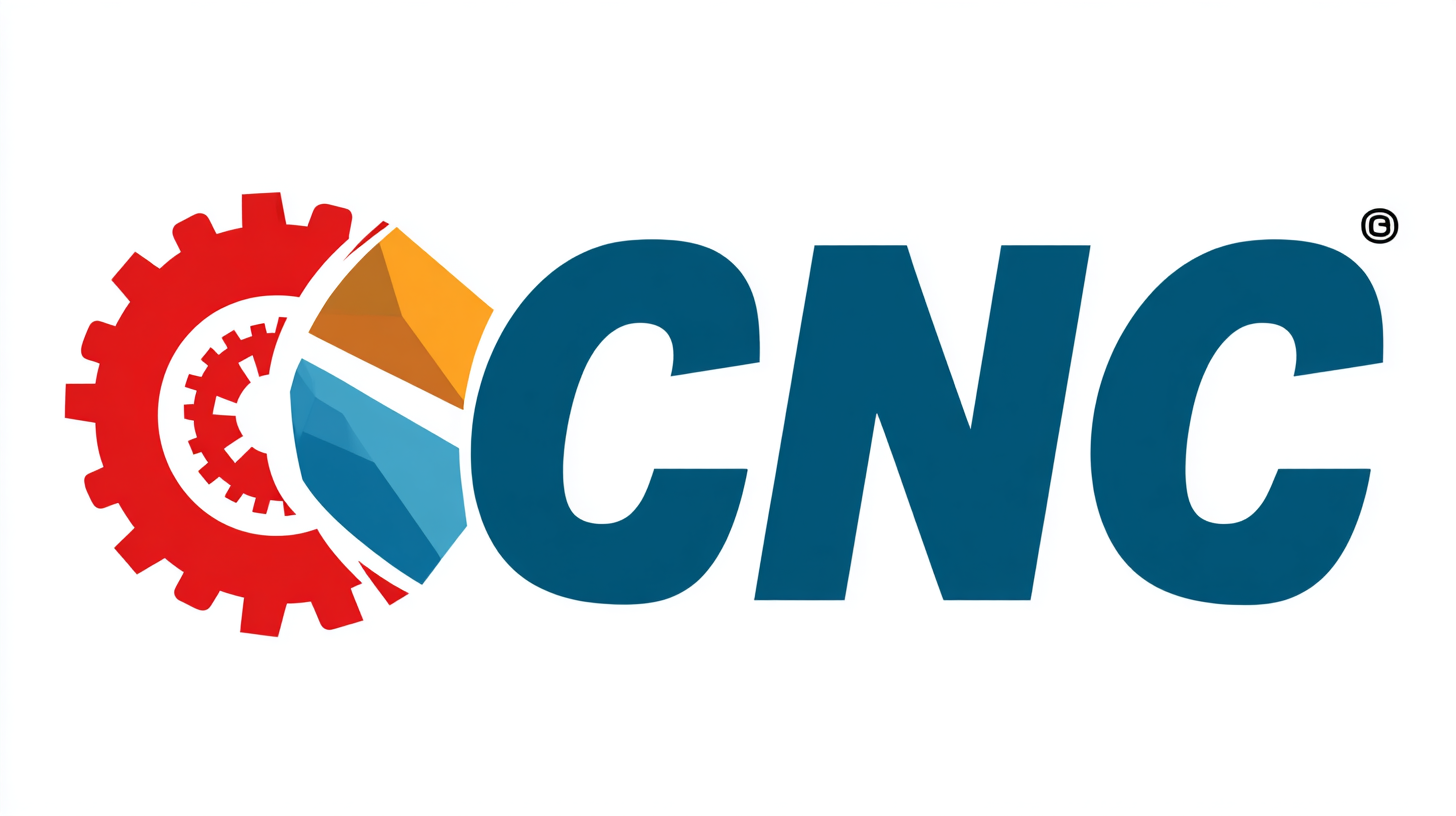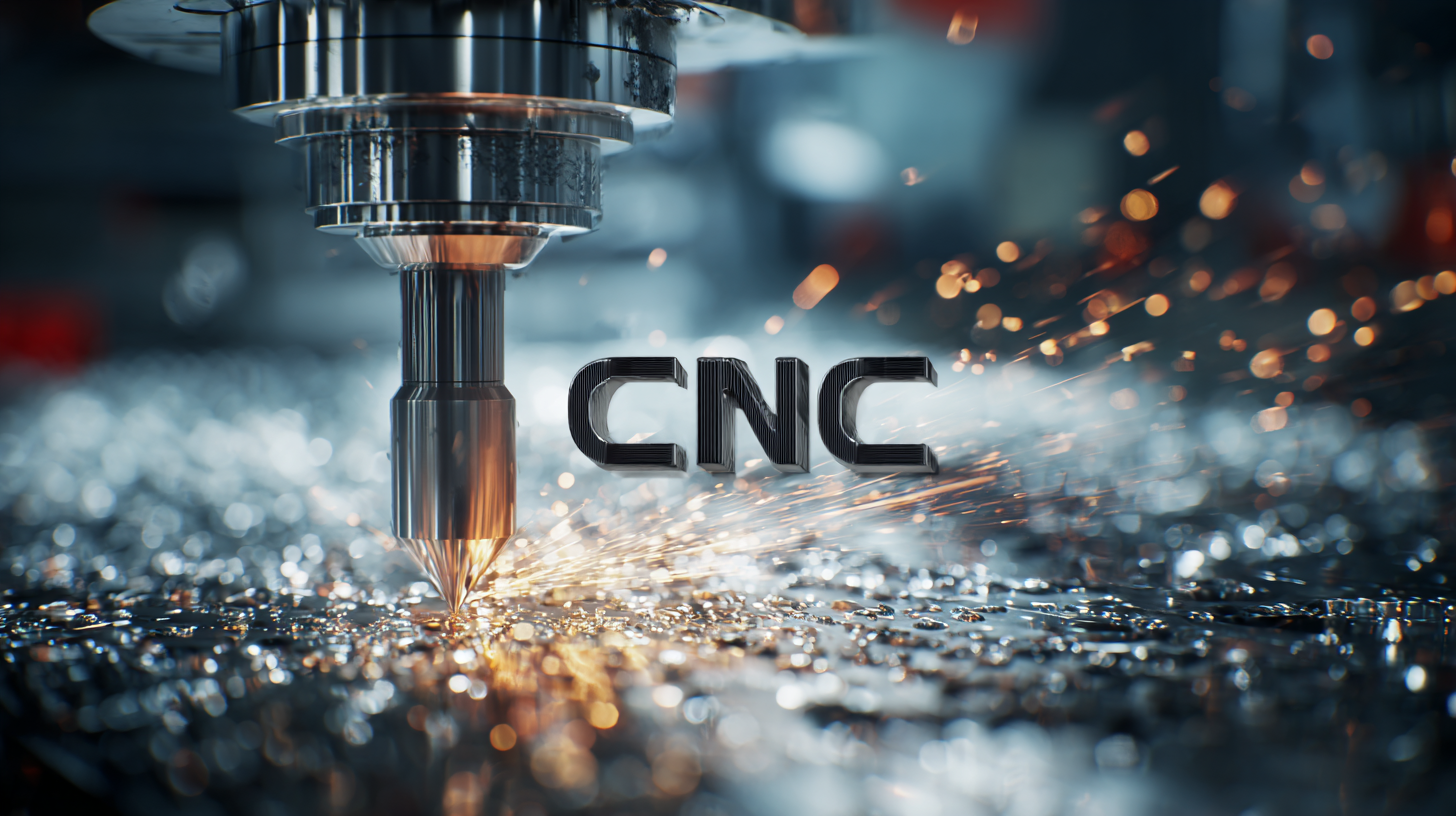920-726-4526
In today's competitive manufacturing landscape, mastering industry production standards has become essential for businesses aiming to excel in global procurement. As companies increasingly turn to Custom CNC solutions to enhance their production capabilities, the quest for the best suppliers is more critical than ever. The right Custom CNC provider can not only improve product quality and precision but also streamline operations and reduce overall costs. However, the challenge lies in navigating the myriad of options available in the market. This blog will guide you through the essential steps to identify and select premier Custom CNC suppliers, ensuring that your procurement process aligns with your production goals and industry standards. Whether you’re a seasoned professional or new to the field, understanding how to discern quality offerings from mere promises can significantly impact your business's success.

When embarking on global procurement for custom CNC solutions, understanding key industry standards is crucial for ensuring quality and consistency. The manufacturing landscape is governed by various standards, such as ISO 9001 for quality management systems and AS9100 for aerospace manufacturing, which set benchmarks that suppliers must adhere to. Being familiar with these standards not only helps in selecting reliable vendors but also mitigates risks associated with non-compliance, ensuring that the products meet international specifications.
In addition to quality management standards, it's essential to consider specific technical standards relevant to your industry. For instance, in automotive production, adhering to IATF 16949 can significantly enhance the likelihood of seamless integration within your supply chain. Evaluating suppliers based on their certification to these standards can provide a strong indication of their capability to deliver precise and high-quality custom CNC solutions.

Furthermore, effectively communicating your own production requirements and standards will lead to more fruitful partnerships with suppliers, aligning your objectives and expectations.
China has emerged as a global leader in precision engineering, thanks to its robust manufacturing capabilities. According to the World Manufacturing Forum, the country accounts for nearly 28% of the world's total manufacturing output, a figure that underscores its essential role in global supply chains. This prominence is particularly noticeable in the CNC (Computer Numerical Control) sector, where Chinese manufacturers leverage advanced technologies and skilled labor to deliver high-quality custom solutions. The latest industry reports indicate that the CNC machining market in China is projected to grow at a compound annual growth rate (CAGR) of 5.2% from 2021 to 2026, reflecting the increasing reliance on precision parts across various industries including automotive, aerospace, and electronics.
The benefits of Chinese manufacturing extend beyond merely cost-effectiveness. A recent analysis by PwC highlights that companies engaging with Chinese suppliers can significantly reduce time-to-market due to streamlined production processes and localized supply chains. Furthermore, the adoption of Industry 4.0 principles has facilitated smarter manufacturing environments, enabling real-time monitoring and increased operational efficiency. For global procurement managers, these advantages not only enhance product quality but also foster innovation and flexibility—key elements for thriving in today’s competitive market landscape. As businesses continue to navigate the complexities of global sourcing, the strategic partnership with Chinese manufacturers remains an attractive proposition for achieving precision in engineering.

Choosing the right CNC vendor is a critical component of ensuring quality in any production environment. When evaluating potential CNC partners, one of the primary considerations should be their quality assurance processes. A vendor that prioritizes quality control will have certifications from recognized industry standards, such as ISO 9001. This certification not only demonstrates a commitment to maintaining high standards but also provides reassurance that the vendor has established processes for monitoring and improving quality throughout the manufacturing process.
In addition to certifications, it's crucial to investigate the vendor’s track record in delivering consistent results. Look for reviews and case studies that highlight their capabilities in handling complex projects. A good CNC vendor should also be transparent about their manufacturing methods and materials, as well as any tests performed on their products. By ensuring that your CNC partner adheres to strict quality assurance protocols and has the appropriate certifications, you can significantly reduce risks and enhance the overall efficiency of your global procurement strategy.
| Vendor Location | Industry Experience (Years) | Certifications | Quality Assurance Processes | Lead Time (Days) | Customer Ratings (Out of 5) |
|---|---|---|---|---|---|
| North America | 15 | ISO 9001, AS9100 | Six Sigma, SPC | 20 | 4.8 |
| Europe | 10 | ISO 13485, ISO 9001 | Lean Manufacturing | 30 | 4.6 |
| Asia | 8 | ISO 9001 | Total Quality Management | 15 | 4.5 |
| South America | 5 | ISO 9001 | Quality Audits | 25 | 4.3 |
| Africa | 3 | ISO 9001 | Process Standardization | 35 | 4.0 |
In the realm of custom CNC production, leveraging technology and innovation is paramount for addressing the diverse and evolving demands of the manufacturing sector. The CNC machine tools have become essential due to their high precision and efficiency in fields such as tool manufacturing, metal processing, and woodworking. Recent industry reports indicate that the CNC machining market is expected to grow at a compound annual growth rate (CAGR) of around 6% over the next five years. This growth is largely driven by increasing automation in manufacturing processes and a surge in demand for high-quality production.
Furthermore, advancements in CNC technology, particularly in smart manufacturing solutions, are setting new benchmarks for productivity and operational excellence. For example, at the recent international machine tool exhibition, companies showcased innovations that integrate automation and advanced manufacturing technologies aimed at enhancing production capabilities. In today's competitive landscape, businesses are increasingly recognizing the need for customized CNC solutions that not only improve efficiency but also align with industry production standards, ultimately driving global procurement strategies. Organizations that embrace these innovations can better navigate the complexities of global markets and meet the rising expectations of their clients.
In today's competitive manufacturing landscape, effective global sourcing and collaboration in CNC machining are pivotal for success. According to a report from Deloitte, approximately 79% of manufacturers have faced supply chain disruptions, underscoring the need for robust sourcing strategies. To counter these challenges, businesses must adopt a proactive approach that includes comprehensive supplier evaluations, focusing on quality certifications such as ISO 9001. This ensures that sourced components not only meet industry production standards but also align with international best practices.
Additionally, fostering collaboration between internal teams and external suppliers enhances responsiveness and innovation in CNC machining. A study by McKinsey reveals that companies that integrate digital collaboration tools for procurement see an average increase of 25% in efficiency. Utilizing platforms that facilitate real-time communication can strengthen partnerships and streamline processes. As companies navigate the complexities of global procurement, embracing these strategic measures will empower them to select the best custom CNC solutions, ultimately driving productivity and competitiveness in the market.
5107 County Road C
Manitowoc, WI 54220
920-726-4526